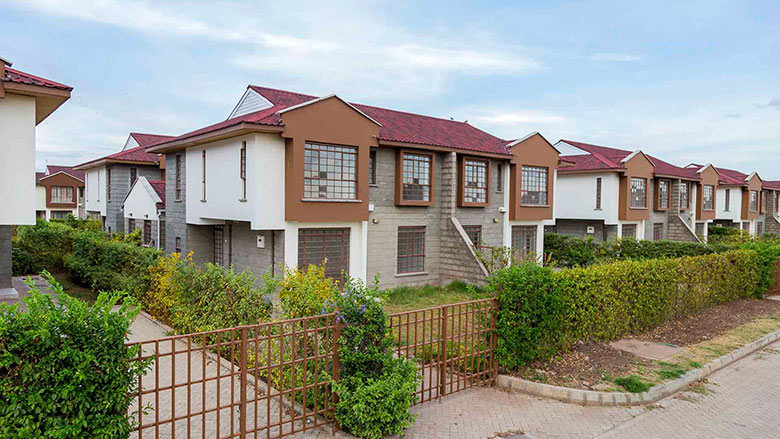

Kenya Needs 2 Million More Low-income Homes: Building Them Would Boost Its Economic Growth
Source: www.worldbank.org
Kenya’s economic activity remained robust in 2016 but is expected to dip in 2017 to 5.5%, picking up again in 2018 and 2019, according to the latest economic update from the World Bank Group. The Kenya Economic Update: Housing—Unavailable and Unaffordable, attributes the slowdown in economic activity to weak credit growth, the ongoing drought, and rising global oil prices.

“While Kenya is currently facing certain economic headwinds that are likely to dampen GDP growth in 2017, I am happy to note that the GDP forecast is expected to pick up in 2018 and 2019 as headwinds ease,” said Diarietou Gaye, the Bank’s Country Director for Kenya.
The focus section of this edition of the Kenya Economic Update is dedicated to analyzing Kenya’s housing market and the policies that can be put in place to make housing more affordable for many Kenyans, as stipulated in the Constitution of Kenya 2010 and the National Development Plan, Vision 2030 Strategy.
These blueprints have targeted the provision of 200,000 housing units annually for all income levels. However, the production of housing units is currently at less than 50,000 units annually, well below the target number, culminating in a housing deficit of over 2 million units, with nearly 61% of urban households living in slums. This deficit continues to rise due to fundamental constraints on both the demand and supply side and is exacerbated by an urbanization rate of 4.4%, equivalent to 0.5 million new city dwellers every year.
According to Mehnaz Safavian, Lead Financial Sector Specialist and co-author of the report, “Kenya can make housing more affordable to many more Kenyans, and in turn create new channels to boost overall economic growth both at the national and county levels.”
Numerous benefits can be attributed to improving access to housing finance, including economic growth, job creation, and deepening of the financial sector. There are various global examples supporting the “housing multiplier effect” as every dollar spent directly on a housing unit results in various indirect benefits to the country.
For full article please visit http://www.worldbank.org/en/country/kenya/publication/kenya-needs-2-million-more-low-income-homes-building-them-would-boost-its-economic-growth
RELATED
Kenya's economy on the rise in 2019
Kenya's Economy Poised to Rebound in 2018 and Remain Robust through 2020

Please Select an Option

Expogroup
Expogroup is a full service exhibition organiser with over 29 years experience in International trade exhibitions. Our current portfolio includes 28 annual exhibitions from a diverse range of industries being held across the Middle East & Africa.
EXPOGROUP © 1996 - 2026 | Privacy policy

